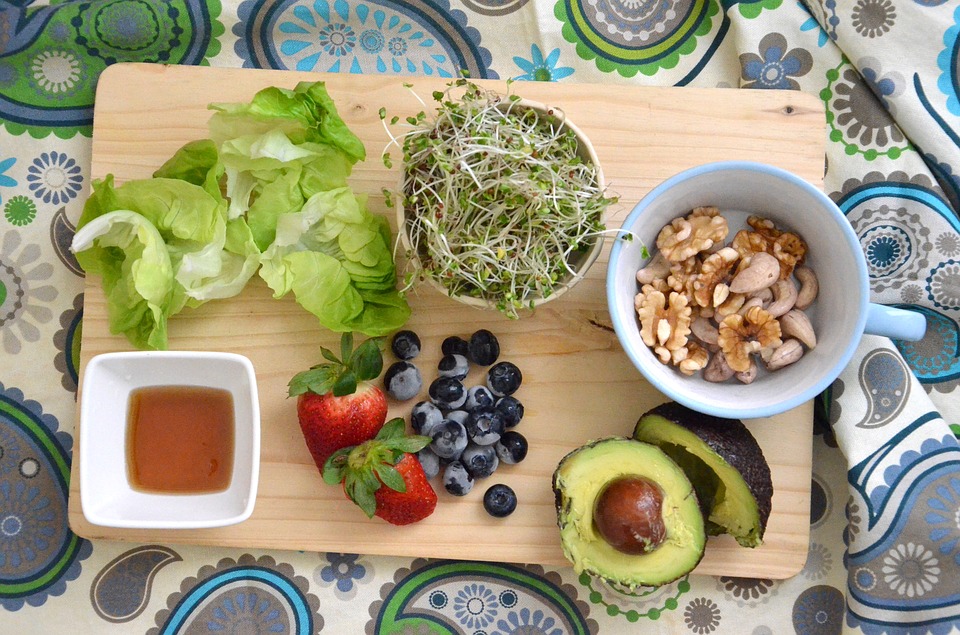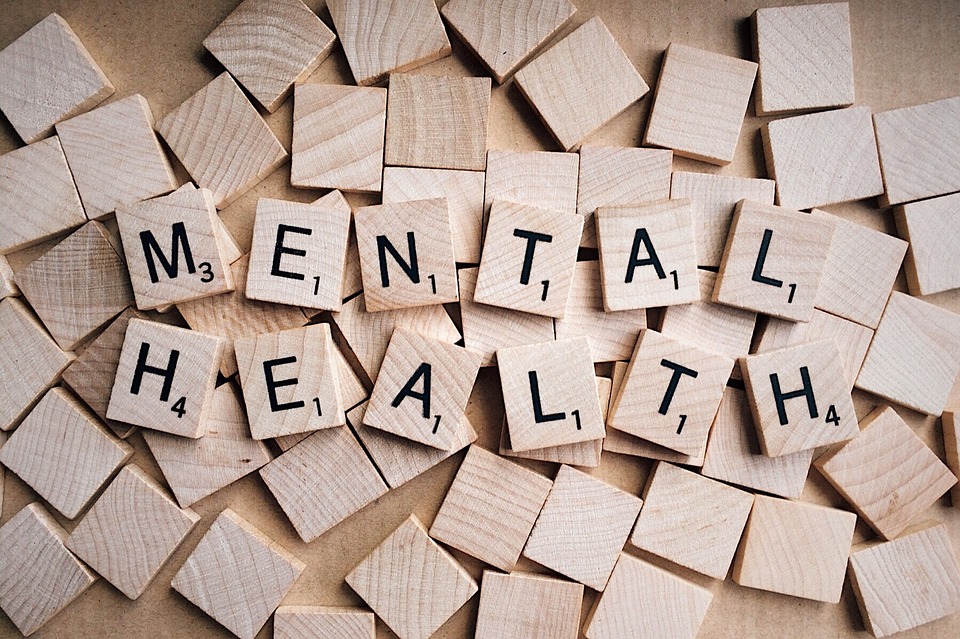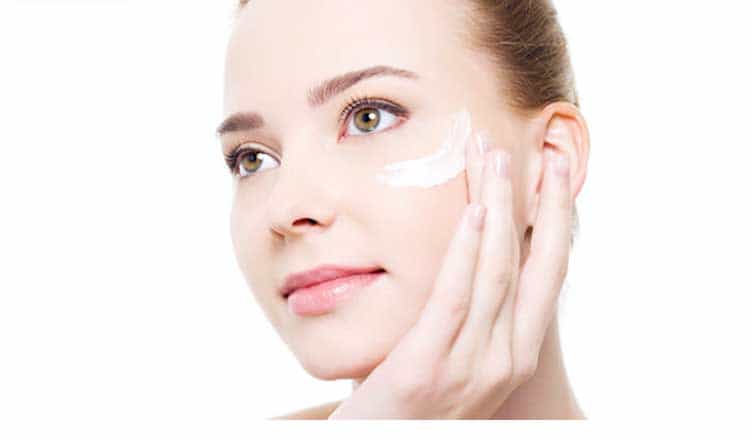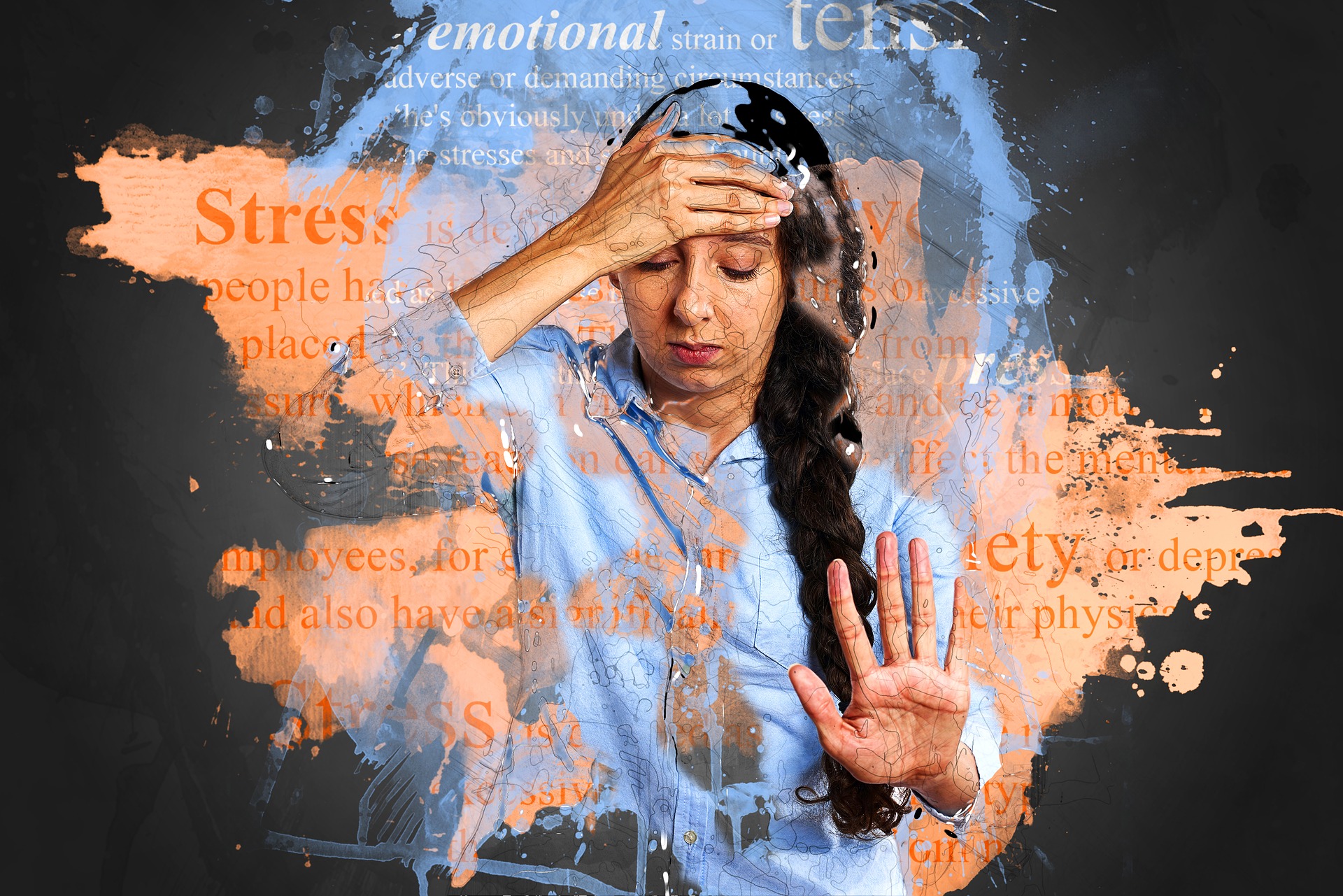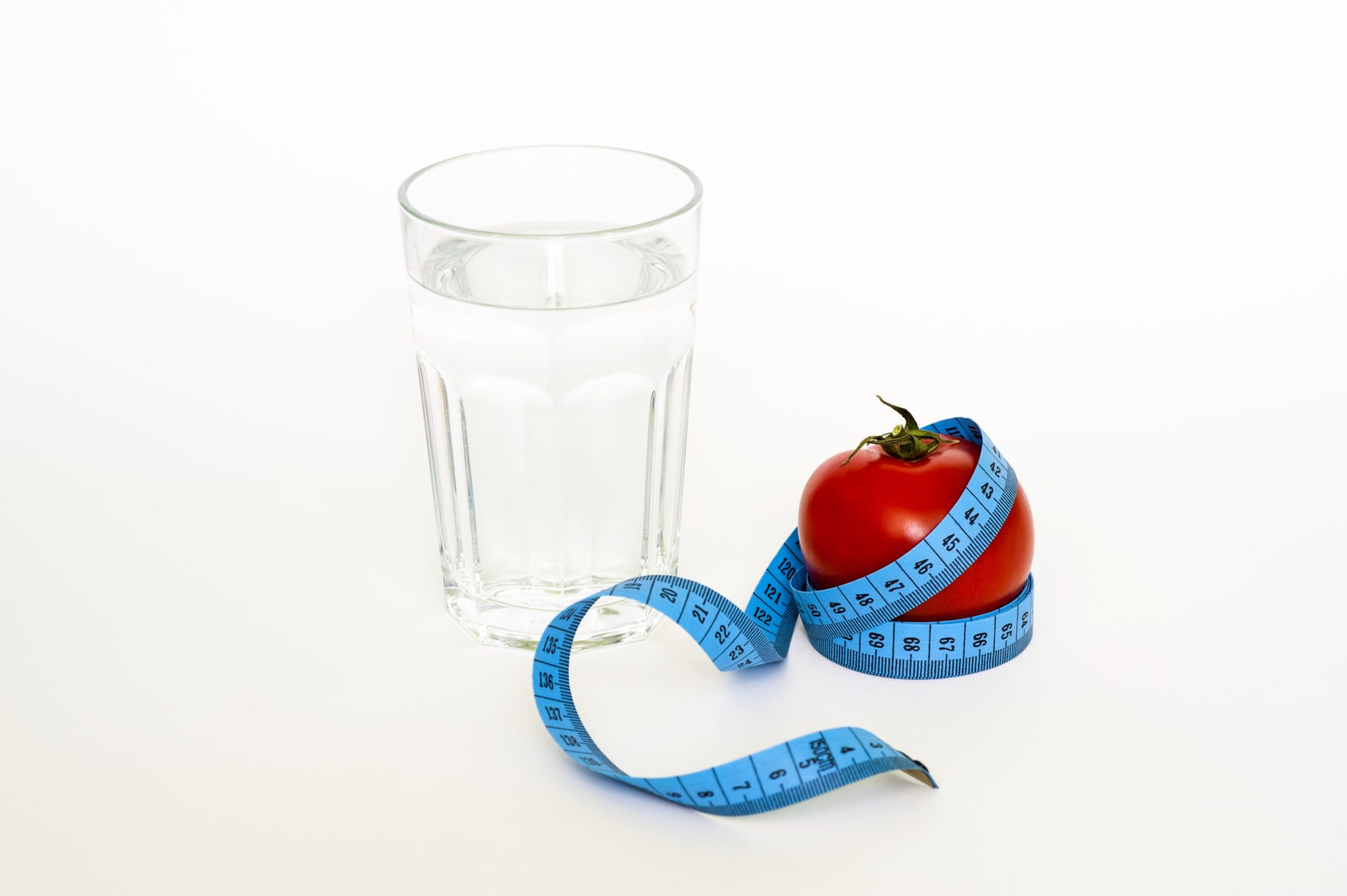In order to know what foods to consume for healthy skin and hair, it is necessary to know what nutrients are needed, and what foods contain these nutrients. For healthy hair and skin, there is a significant amount of overlap between the two. For healthy hair, the primary ingredients are Protein, Iron, Vitamin C, Omega 3, Vitamin A, Zinc, Selenium, Vitamin E, and Biotin. For healthy skin, the main nutrients are Antioxidants, Vitamin C, Vitamin A, Beta Carotene, CoQ10, Biotin, Vitamin E and essential fatty acids. Below is a list of the top 7 superfoods for healthy skin and hair.
Read also: Top 5 Foods For Healthier And Thicker Hair
Aronia berries
Aronia berries, or chokeberries, are packed with antioxidants. They have more polyphenols than either blueberries or acai berries. They help reduce inflammation, decrease wrinkles and increase circulation. They have three times more antioxidants than blueberries. Safe to say, Aronia berries have more antioxidants than any other food substance pound for pound. And antioxidants are necessary for the hair, skin and much besides. The number one factor in decreasing wrinkles is the number of antioxidants consumed in the diet, and chokeberries are the best antioxidant food available.
Read More: 5 Protein Enriched Food To Improve Mental Health
Almonds
Almonds are one of the best sources of Vitamin E, as well as being great for cognitive function. Almond oil is particularly effective for the skin and hair. Just a handful of almonds is enough to cover Vitamin E needs for the day. Almonds are also rich in flavonoids and help to ward off damage from free radicals which can result in wrinkles and aging.
Eggs
Protein is essential for better hair growth and texture. Eggs are one of the best sources of protein and the protein in eggs of a special quality that is good for hair growth. Eggs are also a prime source of Omega 3 which is essential for healthy skin. Fatty acids such as Omega 3 are amazing skin moisturizers. Eggs contain biotin and B complex vitamins which are vital for a number of key physiological functions as well as healthy skin and hair.
Avocado
Like eggs, avocados are a great source of Omega 3 fatty acids, which are essential for healthy skin. Avocados also contain more potassium than a banana and had large amounts of Vitamin C, Vitamin K, Vitamin B5, Vitamin B6 and Vitamin E. It also contains heart-healthy monounsaturated fatty acids, fiber, oleic acid and moderate amounts of protein. Mixing avocado, honey, and egg yolks can result in excellent hair and body wash.
Salmon
Salmon contains abundant amounts of both protein and Omega 3, possibly the two most important ingredients in terms of healthy hair and skin. Omega 3 fatty acids are vitally important in keeping a hydrated scalp and Vitamin D helps prevent hair breakage. Salmon also contains abundant amounts of B12, Iron and Vitamin D, all essential for healthy hair. Wild salmon is best; however, it is becoming increasingly rare to get this type of salmon as more fish are being farmed.
Spinach
Spinach is probably one of the healthiest foods in the world, perhaps second only to Kale as a nutritional powerhouse. Spinach has massive quantities of Vitamin C, Vitamin E, and beta-carotene, all essential to skin health. Beta-carotene is the precursor to Vitamin A and is needed for the skin to retain moisture. Even better is that these three work together to protect the skin. Spinach also contains good amounts of Vitamin K, Iron, Folate, Thiamin, and Protein, making it one of the best foods for healthy skin and hair.
Bell Peppers
Bell Peppers are one of the best sources of Vitamin C available and have more Vitamin C than Oranges. Vitamin C is essential for boosting collagen, which is vital for healthy hair and skin. Vitamin C deficiencies result in dry and brittle skin and hair. All types of bell pepper have similar nutrient profiles and all are full of the master antioxidant, Vitamin C, in a very indigestible form.
There are many more foods which are great for healthy skin and hair. The most important thing to keep in mind is that the foods have sufficient quantities of protein, iron, antioxidants, fatty acids, and B-complex vitamins.
Read More:













